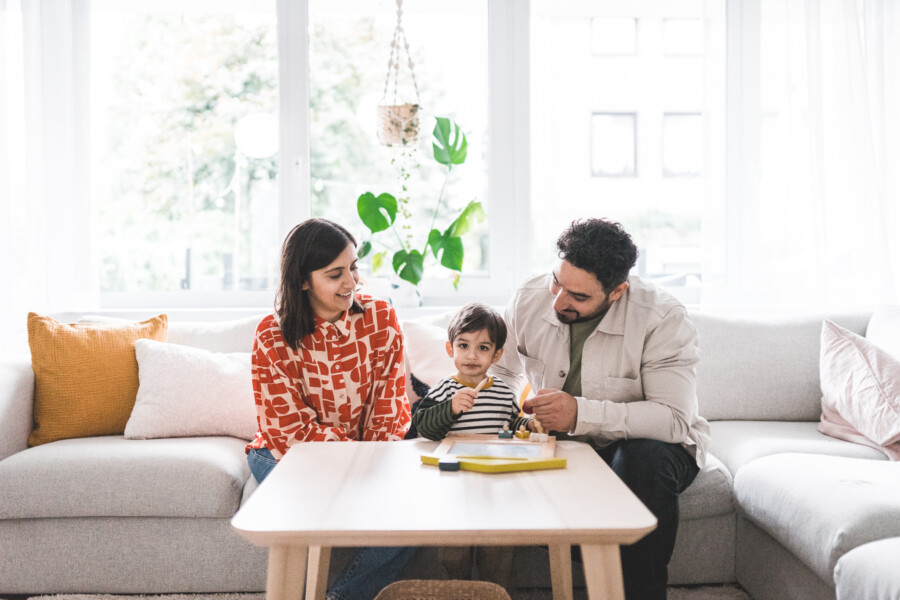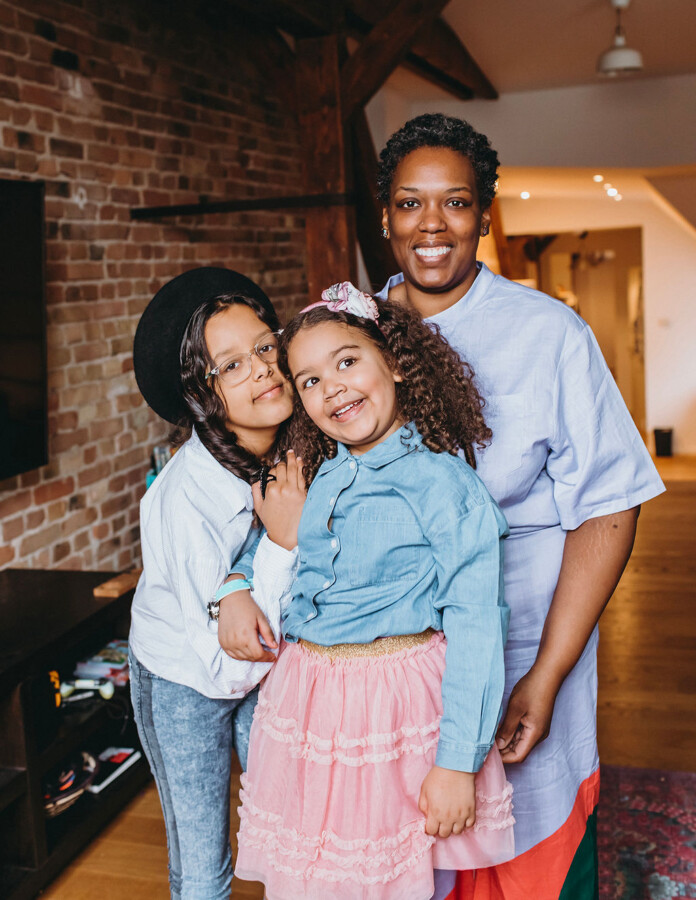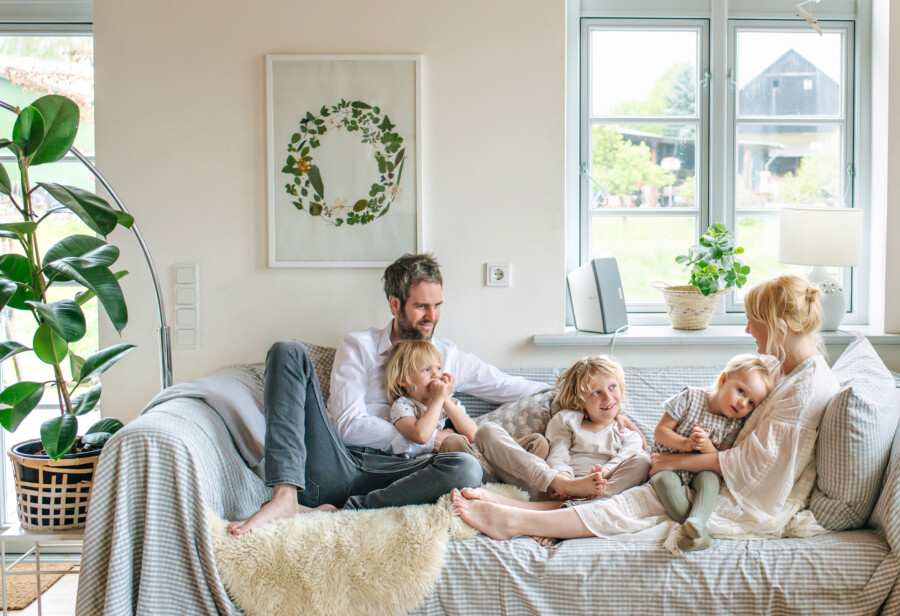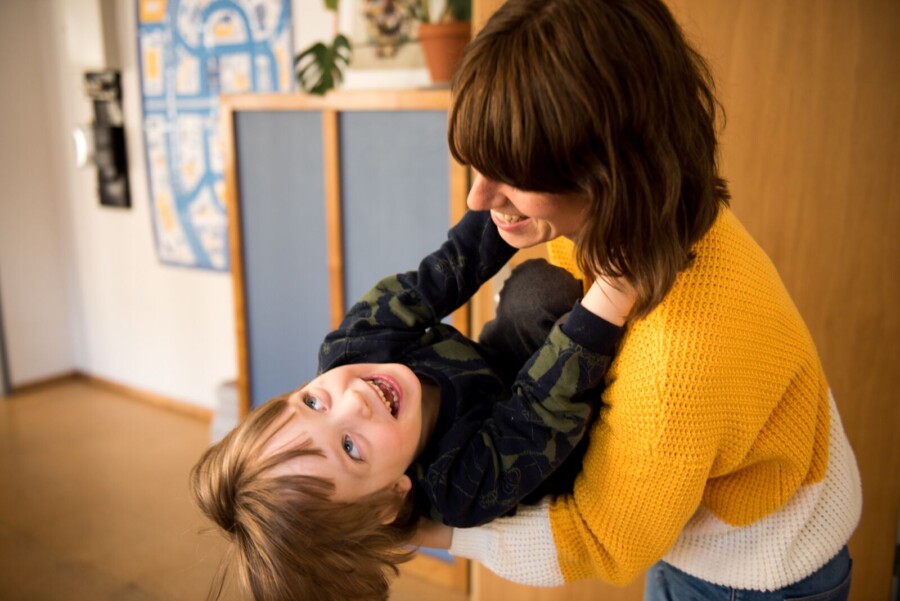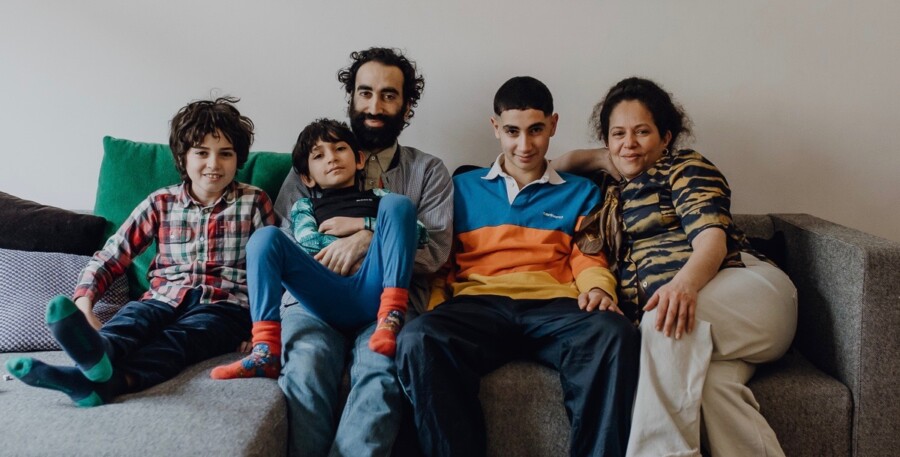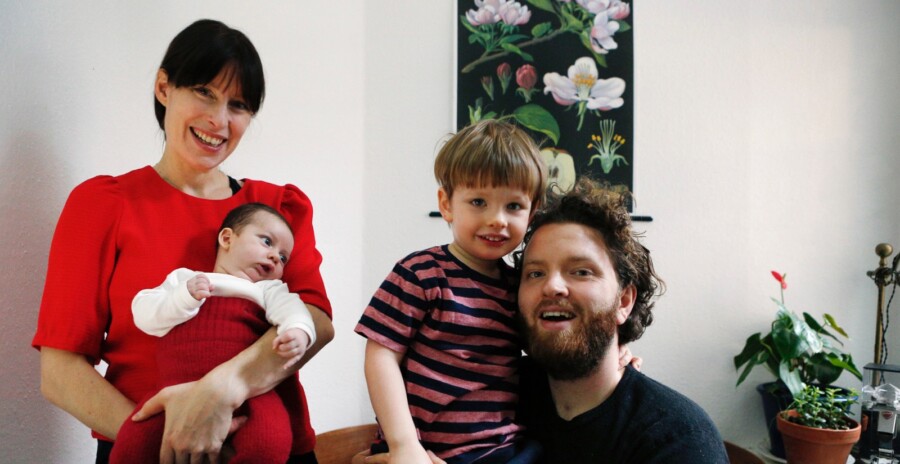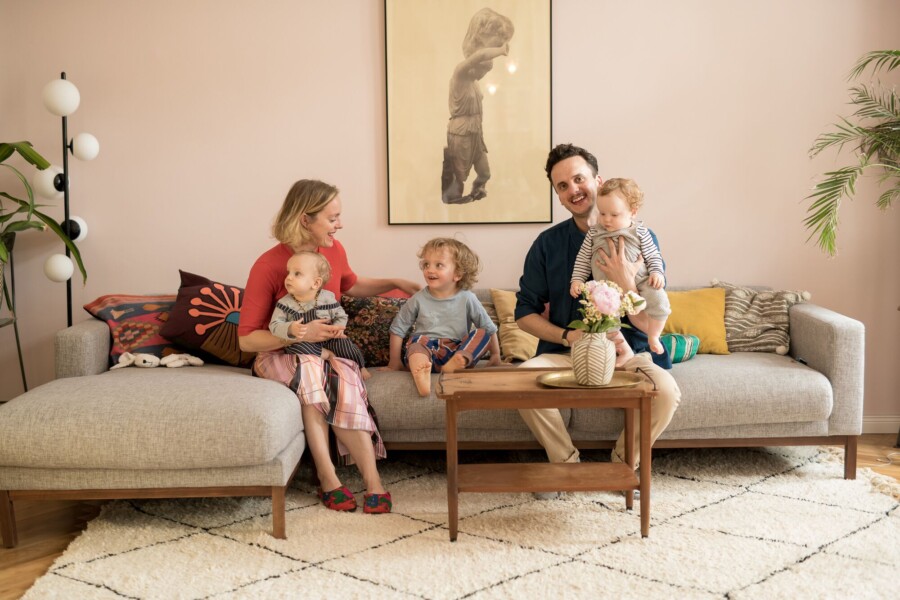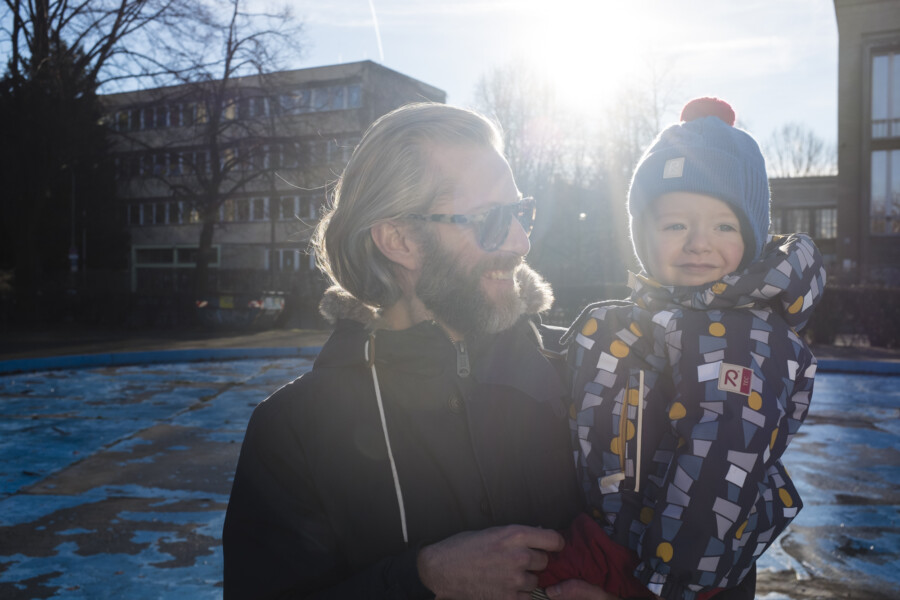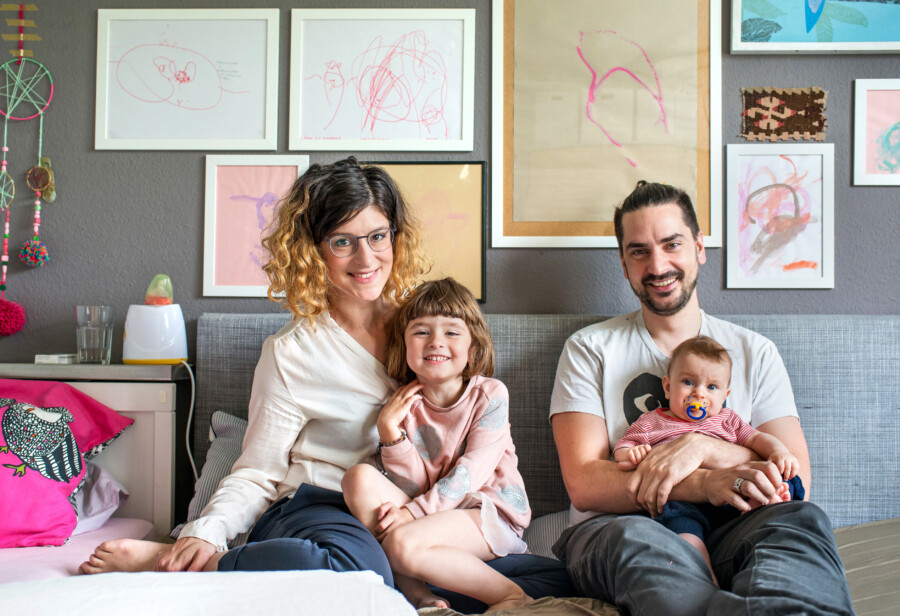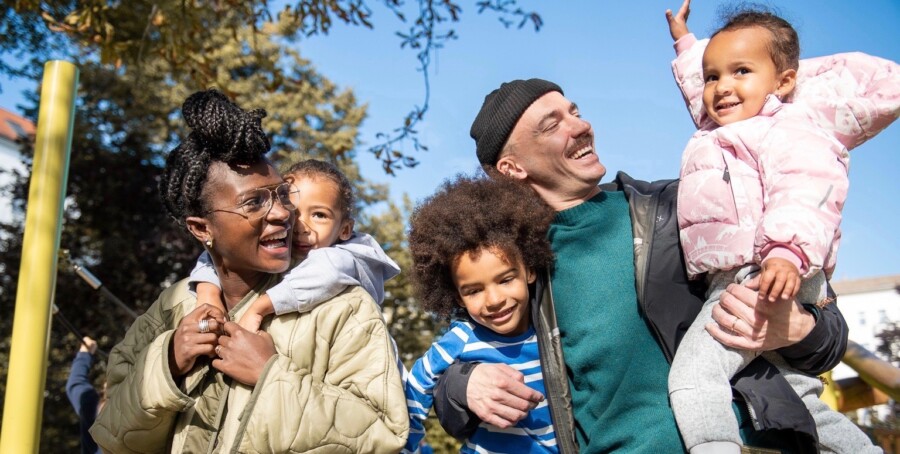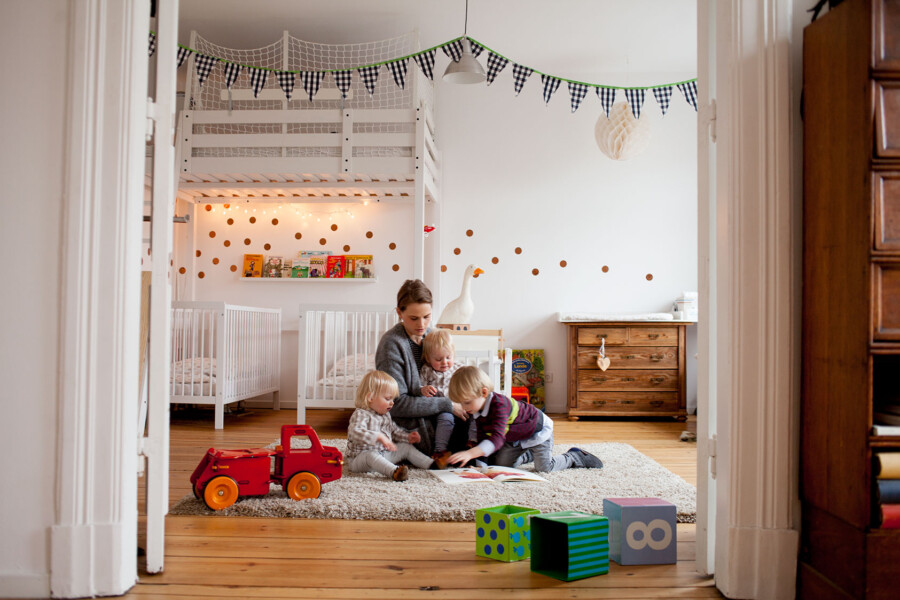———————————-
Dear Julieta, you live in Berlin with your son Leon, but you are originally from Mexico City. What made you come to Berlin?
It wasn’t a straight move from Mexico to Berlin; I have been living away from Mexico City since I am 17 –I was in NY for a long time- and I came to Berlin when I finished my master’s degree, following a one-year-long cultural project (IUnitednationsplaza was the project; I was the resident DJ there). After that there was a love story, and after that I found myself having made this city my home and unable to leave.
What is your art about, if it’s possible to explain that in a few sentences?
Ok, but this is going to be boring, here it goes:
In her artistic practice, Julieta Aranda (Mexico City, Mexico) composes sensorial encounters with the nature of time and speculative literature. She observes the altering human-earth relationship through the lens of technology, artificial intelligence, space travel and scientific hypothesis. Working with installation, video and print media, she is invested in exploring the potential of science-fiction, alternative economies and the ‘poetics of circulation’. Her projects challenge the boundaries between subject and object while embracing chance encounters, auto-destruction and social processes.
Does the art world make you feel like you have to choose between having a family or having a career?
If you are a woman, you are expected to choose, indeed. And of course you are expected to choose art, motherhood makes you a lesser artist, it seems. This bothers me because children are not “a lifestyle choice” (a family is not a luxury or an accessory), and because motherhood and professional realization are not incompatible truths, they actually complement each other.
You describe yourself as a single mom by choice and conceived your son with reproductive technology. Can you share with us why you made that choice?
I thought about this a lot, for years. I have always known I wanted to have a family, but I never found myself in a situation that would make that possible. It was a very hard decision, because I had to split love in my mind, and let go of the constructed images of romantic love that I was given as an ideal, and simply go for the experience of unconditional love, without a prince charming by my side. I had a few relationships, and in all of them I encountered professional tensions –I would have been expected to put my career aside in order to make a family work out, and I wasn’t interested on that, sacrifice is not something that I am good at. I actually think that there is often more self-sacrifice involved in having a child within a couple, than in doing it the way I did.
The artificial insemination was done Berlin, where only one doctor offers the procedure to single moms and same-sex couples. Where did you find your sperm donor?
Normally you have to get the “genetic material” from a sperm bank where the donor is available to do it openly –this means that the child will be able to meet them after they are 18 years old, if the child wants. The sperm banks that people normally use are in Denmark. I had purchased the genetic material from such a bank, where the process of selection allows you to see pictures of the donor as a child, to know their family and medical history, their degree of education, and to read a statement about why are they sperm donors. It felt like a weird kind of Tinder. But at the end I went with a known donor –someone that I actually know, who volunteered to go to the clinic and provide a sample for this.
How did the pregnancy and birth in a non-normative family constellation feel? Which social challenges did you have to overcome?
The pregnancy was a bit lonely, I must say. I had to overcome a lot of expectations, not coming from the world but coming from myself. At the beginning, sometimes I would find myself feeling as if I had failed at something, but unable to know at what. I finally let go of the last remnants of indoctrination on romantic love, and decided to be very public about my story, and then I found within myself reservoirs of strength I didn’t know I had. I adored being pregnant, it was an easy pregnancy, and I have never felt so alive as when I had my son inside of me. It is the most common miracle there is, to make life…. And it is transformative and profound and the most beautiful thing I have ever experienced. It also really helped that I have a lot of friends that were there for us, and still are part of our village.
Ai Weiwei recently described Berlin as an ugly, provincial, racist and narrow-minded city. Do you agree to some extent? What is your experience as an artist in Berlin?
Berlin is a monoculture, and as such it can be racist at times –as any monoculture can be. I have my problems with it, especially with the idea that in order to live here one must assimilate and “become German”. I love it here, but I am already something else, I don’t want to become anything other than what I already am. That said, Berlin has been so incredibly generous with me, I have a lot of love for this place, and the complaints I have are more or less the complaints that I would have in any other place where I was leading my life.
Did your son change the way you look at the world? Did your art change?
My work has never been about myself, so my having a child doesn’t make a difference there for me. Perhaps the only noticeable effect is that I started working with more fragile materials. What changed is the amount of strength mixed with vulnerability that I found within myself, a whole part of myself that was unlocked.
Taking care of a baby can be very demanding. Breastfeeding and less sleep can make you feel like a zombie sometimes. Where you worried a child would make concentrating on work harder or take away from your creativity?
I was incredibly lucky that Leon was a very easy baby. And also, I have always had flexible work hours. I had to trick myself into believing that everything was easy –pumping milk during teaching breaks, making all the changes that one has to make as a solo mother…. As I said, I found all that strength inside of my which has made it all possible…. And I have had an incredible support system, our friends are solid rock.
You mentioned before that you have had a nanny for Leon since he was three months old. Does your son stay with her when you have to travel, or do you take him or both of them with you?
I have made all kind of crazy arrangements in order to continue working and traveling for work as needed. Basically half of my income goes into child-care so that I can continue working.
What’s the most challenging thing about being a mom?
Being a solo mom is not for the faint of heart. You have to make yourself available to another human being regardless of anything –I always say that Leon has gotten out of me what no man has gotten before! But also, what is very challenging is to constantly remind myself that I exist, and that my happiness matters tremendously. No suffering, and no sacrifice allowed here.
What’s the most beautiful thing about being a mom?
Everything. Everything. The joy of building the future that has always been part of my theoretical approach to the world. To share my curiosity with my son, to try to give him the best tools I can to explore and make his world. Everything….
This is something I wrote for him when I was pregnant, and something I wrote a year after he was born. Perhaps it gives some additional information….
Julieta Aranda with Leon (4 years), February 2020
Photos: Julia Nitzschke
Interview: Marie Zeisler

















